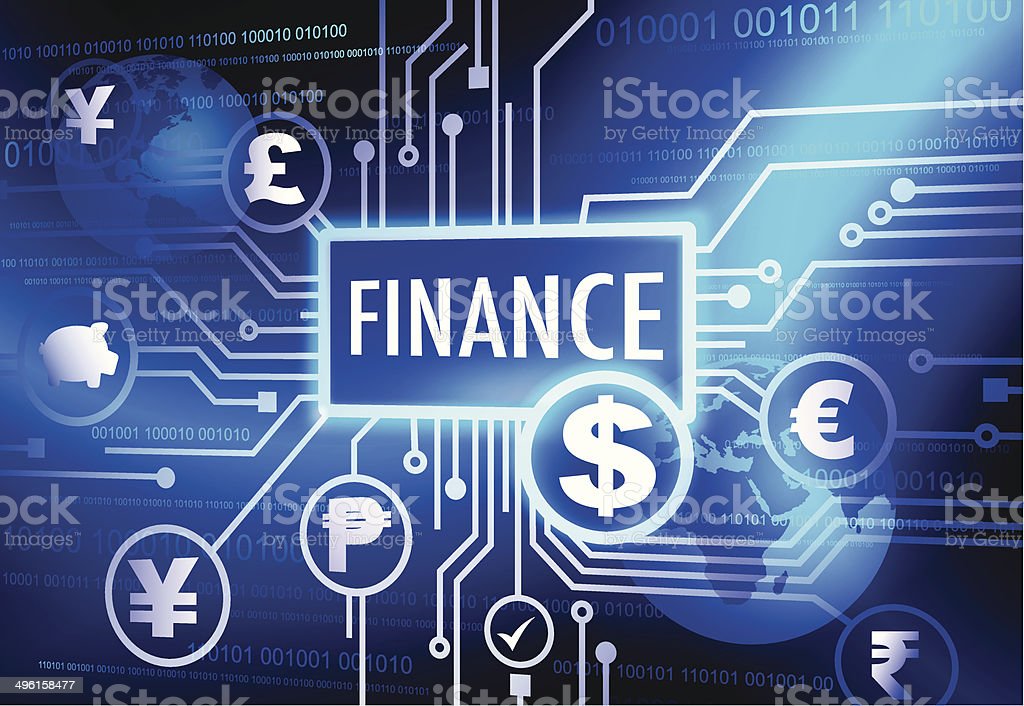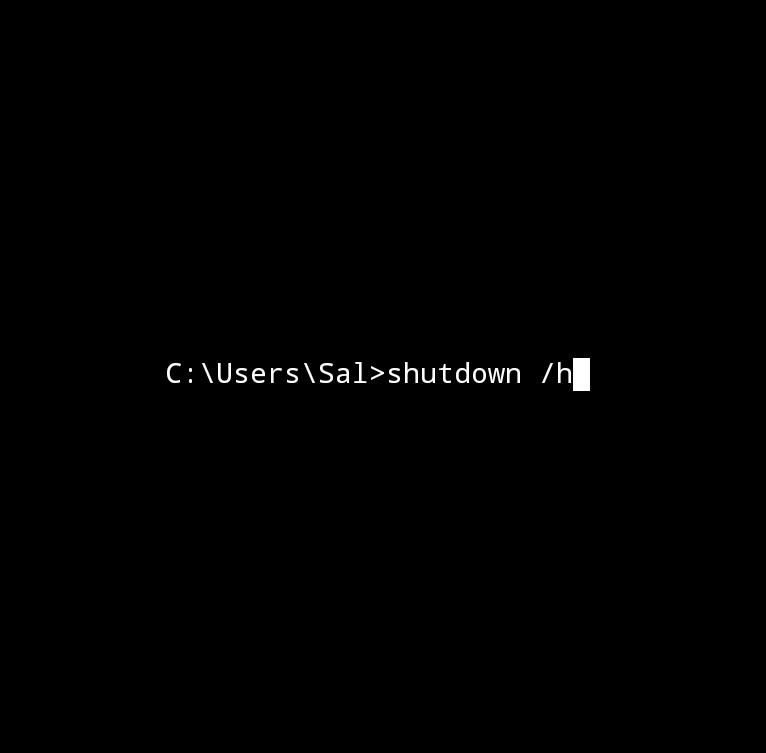File this under “I’m got mine, the rest of you can sod off”!
The economy is there to serve the people, not the other way around. If the economy requires people to suffer, maybe we need to rethink how parts of the economy work.
Its weird how some “experts” treat economy as some angry god that we need to appease with sacrifices, right?
You just reminded me again of this random article I read a long time ago:
https://www.theatlantic.com/magazine/archive/1999/03/the-market-as-god/306397/
Without paywall: https://12ft.io/proxy?q=https%3A%2F%2Fwww.theatlantic.com%2Fmagazine%2Farchive%2F1999%2F03%2Fthe-market-as-god%2F306397%2F
It just keeps feeling relevant. The most relevant part to this comment chain:
What is the value of a human life in the theology of The Market? Here the new deity pauses, but not for long. The computation may be complex, but it is not impossible. We should not believe, for example, that if a child is born severely handicapped, unable to be “productive,” The Market will decree its death. One must remember that the profits derived from medications, leg braces, and CAT-scan equipment should also be figured into the equation. Such a cost analysis might result in a close call—but the inherent worth of the child’s life, since it cannot be quantified, would be hard to include in the calculation.
Very interesting and insightful comparison! Thank You;
It is there to serve us. The economist point is that everyone —in particular low income workers—will suffer as they everyone is effectively getting a 7% pay cut this year. That serves no one.
Ideally there would be a few stay at home parents (families who can afford it), lawyers and doctors partners, and retirees out to the work force. These are the people that have spare money to spend on things and are driving up prices. Not low income workers. Unfortunately the employment rate is the only proxy measurement we have for this though.
But it’s also the low wage earners that is most likely to lose their job because of supply and demand.
No idea what would happen and reality is messy.
But hypothetically these people who can afford to give up their jobs (aforementioned list) are hogging up low and middle income jobs (admin at the GP clinic / law firm) for ”fun” money, so there would be more easy/entry level jobs available for low skilled workers.
On the upper end, soon-to-be-retirees who are currently managers could make the jump so everyone below them gets to move up the ladder making entry level positions available.
I’m not sure how you could incentivise this though.
Depends more on the industry. Higher income is usually more affected by recessions.
Economists are not our friends.
There are other solutions but none that benefit the rich as much as more misery
They’re stating the obvious. To curb inflation, we need to reduce the supply of money in the economy. We can also active this by taxing the shit out of the top end of town and corps.
but if we do that, how will they be able to afford their suicide trips on imploding submersibles?
Crowdfund it.
We can also stop the destruction of the environment nearly completely by mass suicide. That does not mean that this is good idea.
You do not need to “decrease the money” supply to fight inflation. What do you think the relation between these two is? Because, fun fact, the money supply is already decreasing in Australia, however prices are still going up.
The privatisation of CES has been a failure. People who will find work will do it on their own. I never been on centrelink, but some “job trainer” how to do my job.
The solution is obvious. Cut the mess of bureaucracy, and allow people to work while on centrelink. Companies put in offers in the casual jobs pool like a website/app and the people on centrelink, can accept those jobs or be on call to work. The company pays the wages to centrelink for doing the job, the person on centrelink log the hours and then centrelink sorts out the mess like taxes, insurances, sick leave, holidays, etc. while getting their base pay from centrelink. All this can be automated.
Then have people who never work are now working.You have people on centrelink now paying taxes, those people now earning more money is going to spend it, generating more economic activity and more taxes.
You’re discussing ubi, really, but without the benefit of less administration.
This would be true if you had stagflation/workers pay driven inflation like in the 80s. But you don’t.
Inflation is not driven by ever increasing salaries and thus too much money (like an inflated balloon). Current real salary levels are stagnant since decades and thus, making those or anything else worker side responsible shows that these people blindly trust a theory they half understood in college 15 years ago
deleted by creator
deleted by creator
This is basic economics, and a feature of all modern capitalist economies. This is by design.
If you don’t like it, you don’t like capitalism.
first year econ students say “duh”. This isn’t some notable story. It’s basic econ







